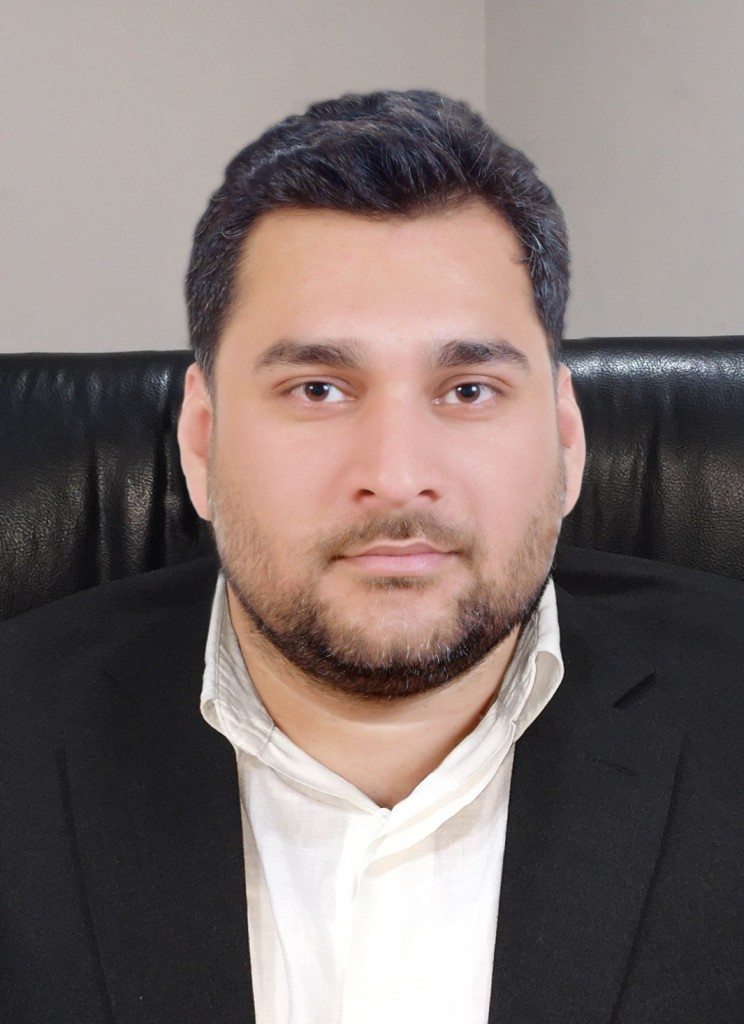Asad Iqbal Khan, manager – Business Development, AES Arabia, speaks to Infrastructure ME about his company’s long innings in the region’s energy sector, and plans to venture outside the region.
Could you tell us about your history in the Middle East, and milestone projects?
Since its inception in 1994, AES Arabia have been very active in the region, especially with the stakeholders in oil & gas, power and industrial sectors. Through the past decade, AES has grown to become one of the leading specialised water treatment companies in the Middle East. I am proud to say that we have established ourselves as one of the leading water and waste treatment management and turnkey solution providers in the region.
Throughout the Middle East, AES has been working with prestigious clients like Saudi Aramco, SABIC, ADNOC, PDO and SEC, where among many other projects, AES completed six large desalination plants in 1987 and since then, we have been providing aftersales service for several years. Another major customer in Saudi Arabia is SWCC, for which AES built both Haql and Duba seawater RO desalination plants in 1989 to bring them up to the latest technology and original design capacities.
In 1997, AES was picked among several major water treatment firms to carry out the 13,000 m³/day BWRO water treatment plant at King Khalid International Airport and MODA. We completed the job to the full satisfaction of the client.
In late 2000, AES was awarded the construction and upgrade of the 38,000m³/day BWRO plant water treatment facility in the Royal Commission of Jubail, Saudi Arabia, a very demanding client, once again on merit basis.
We have also implemented some challenging projects with well-known multinational companies like Eni, Exxon, Total and Shell in Iraq, Yemen, Algeria, Sudan, Oman and Abu Dhabi.
Thanks to our long experience and elevated learning graph, AES Arabia has been awarded and recommended for several awards in the water and waste water industry by world-renowned companies such as JGC Yokohama, Technip, TOTAL, GWI and CWC.
What is your take on 2014 and 2015? Are the fundamentals still valid, especially in the context of low oil prices?
We don’t see a downward graph, as oil companies in the Middle East haven’t stopped tendering new projects. In my opinion, the crisis of low oil prices will be over soon; however, it gives leverage to the operator to produce more and more in order to maintain the deficit. I must also admit that a substantial percentage of our business comes from regional oil & gas and energy sectors.
Are you present in all the markets that you deem important?
I need to emphasise that we are doing exceptionally well in the energy sector. Keeping these niche markets as our prime focus and source of our major revenue, we are also focusing on projects in infrastructure, industrial and hospitality markets as well.
We are getting plenty of opportunities to work on Saudi Aramco projects, thanks to our previous work experience and capabilities in executing medium to large-size projects for that client.
Our other major clients in the Middle East include SABIC, ADNOC, Sonatrach and PDOC, who at various times awarded us projects to supply complete solutions, such as water treatment reverse osmosis plants, wastewater treatment plants and chemical injection skids.
What differentiates your company from other companies in the market?
Unlike other companies that are based in Europe or America, AES Arabia has the benefit of being based in the Middle East with a production facility in Riyadh, Saudi Arabia. We are always in compliance with specifications, terms and conditions and different procedures of our customers. Moreover, we have a good track record of successfully completing projects before scheduled times.
Our commitment to excellence in terms of technical capabilities, design competency, engineering and execution have helped us win our customers’ trust.
Previous work experience with Middle East customers can also lead to new business opportunities, something that our competitors might not have. Moreover, AES uses the most recent technologies for water and waste water treatment, which helps increase the efficiency of our solutions.
What are the challenges driving demand for innovation and new technology in the water industry?
My stance on this topic has been consistent with the fact that the Middle East suffers from water scarcity, whether it is for domestic consumption or industrial consumption. The region is classified as arid, which means natural sources of water supply are limited. As a result, the Middle East is increasingly dependent on desalinated water to meet its fresh or potable water needs. But this can lead to contamination from brine discharge, which again is subject to certain regulations.
Scarcity of water and risk of marine pollution has forced technology providers to come up with solutions where wastewater or effluent from industries, refineries or humans can be recycled for use in the different phases of industrial processes or irrigation.
What are your expansion plans? Are you looking further afield than your traditional regions?
Apart from oil & gas and power and water markets, we have started to look at infrastructure, industrial and tourism markets in the Middle East. We are currently considering setting up new branches in other parts of the region.
We are also planning to expand our business to Africa and the Caspian, as we see these regions having great potential for water and waste treatment products and solutions.
We are planning to increase our participation in regional and international exhibitions, conferences, trade shows and technical seminars. These events give us more opportunities to interact with customers and end users directly, discuss their requirements and suggest the best solutions. Technical seminars help us justify our technical capabilities and also showcase the advanced technologies we offer for water and waste water treatment.

